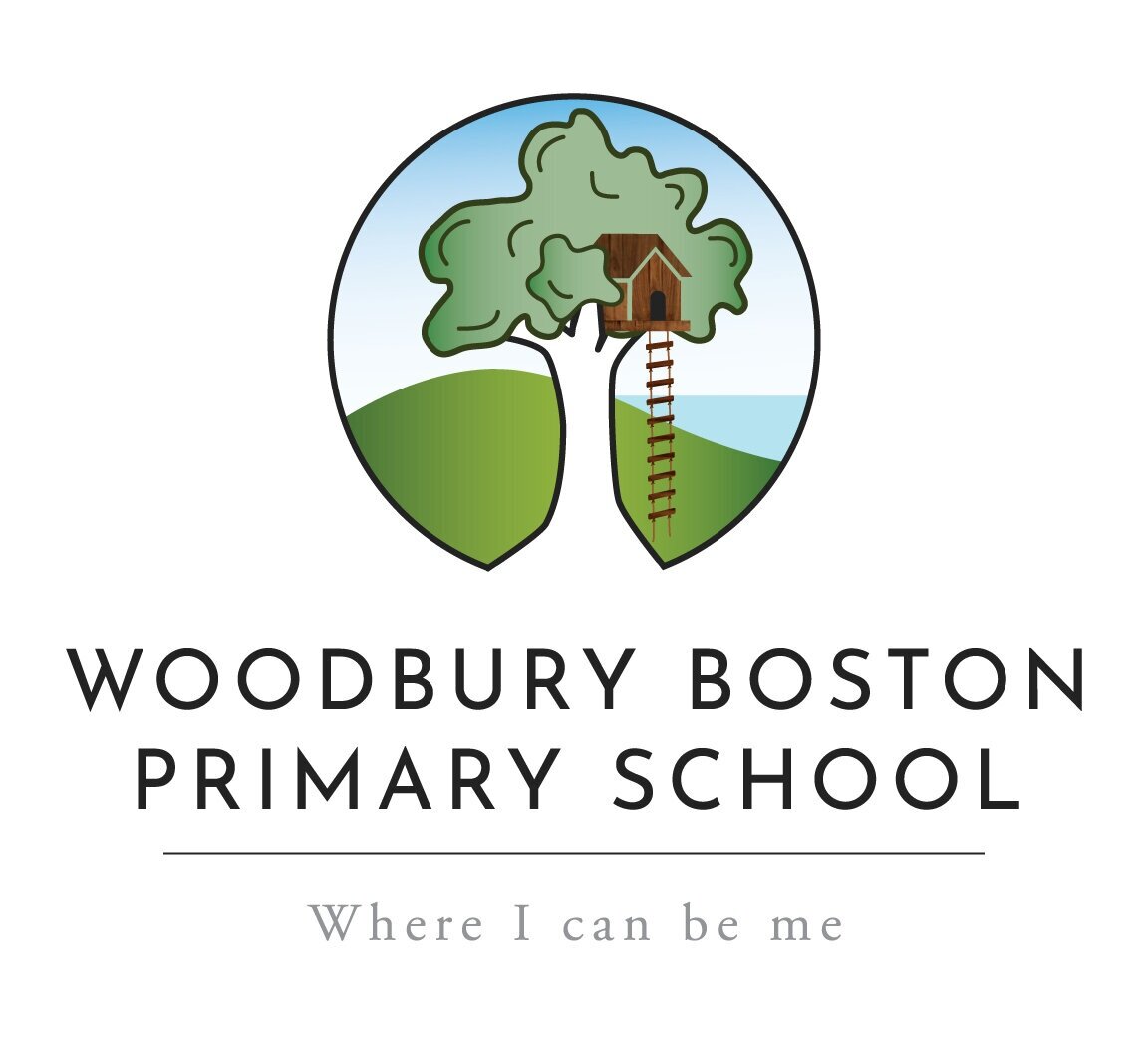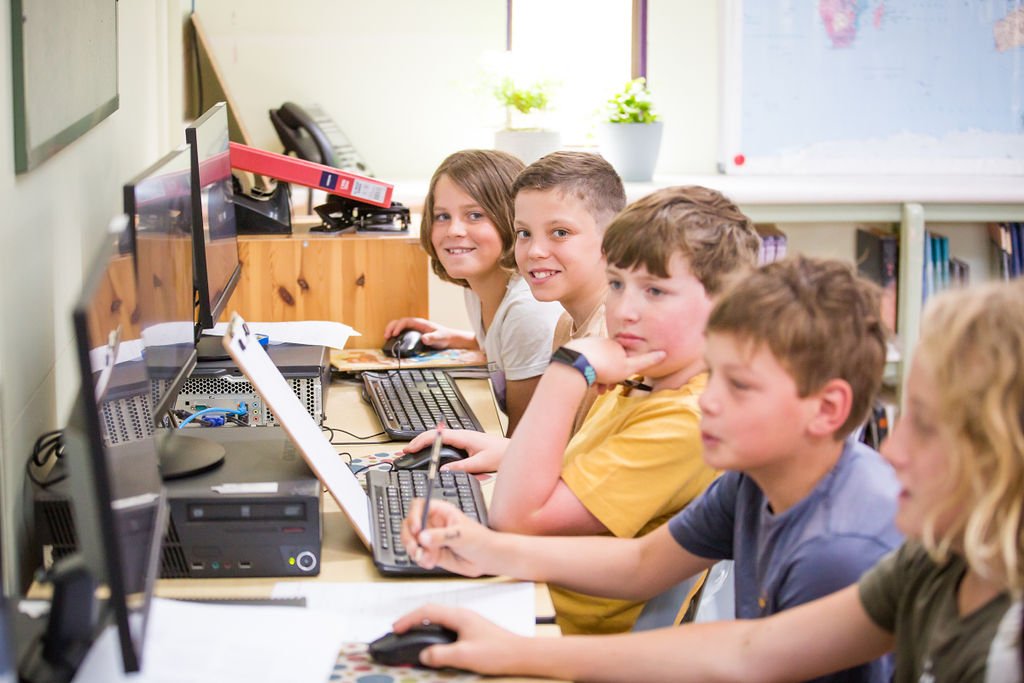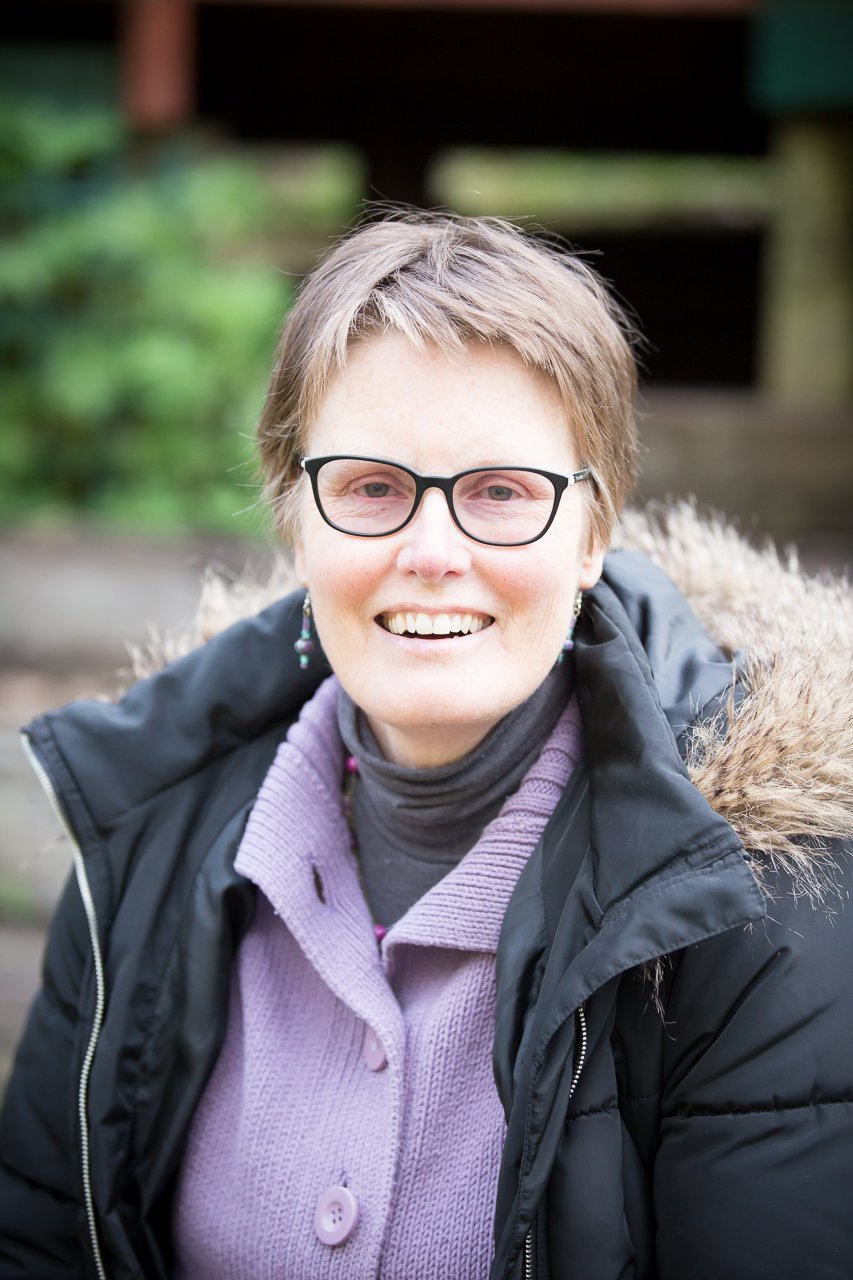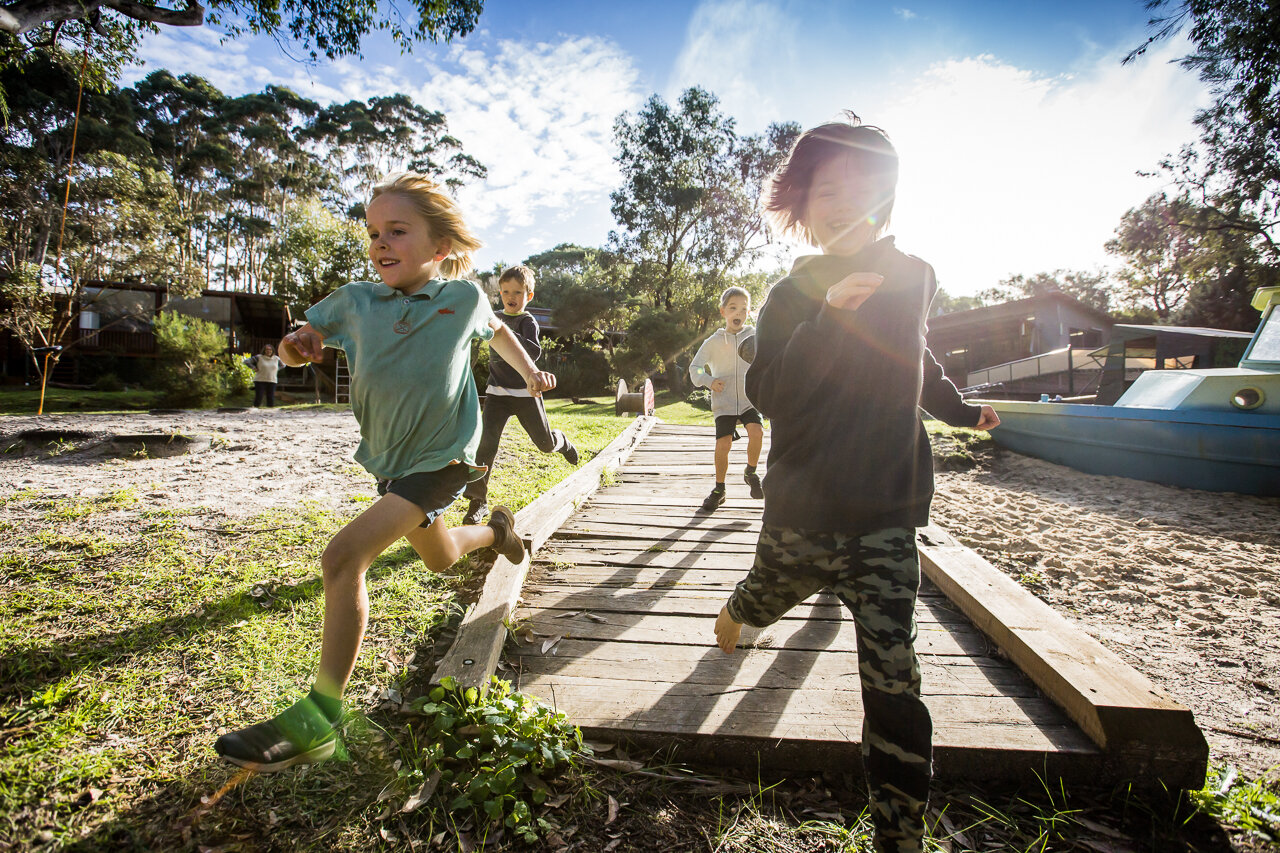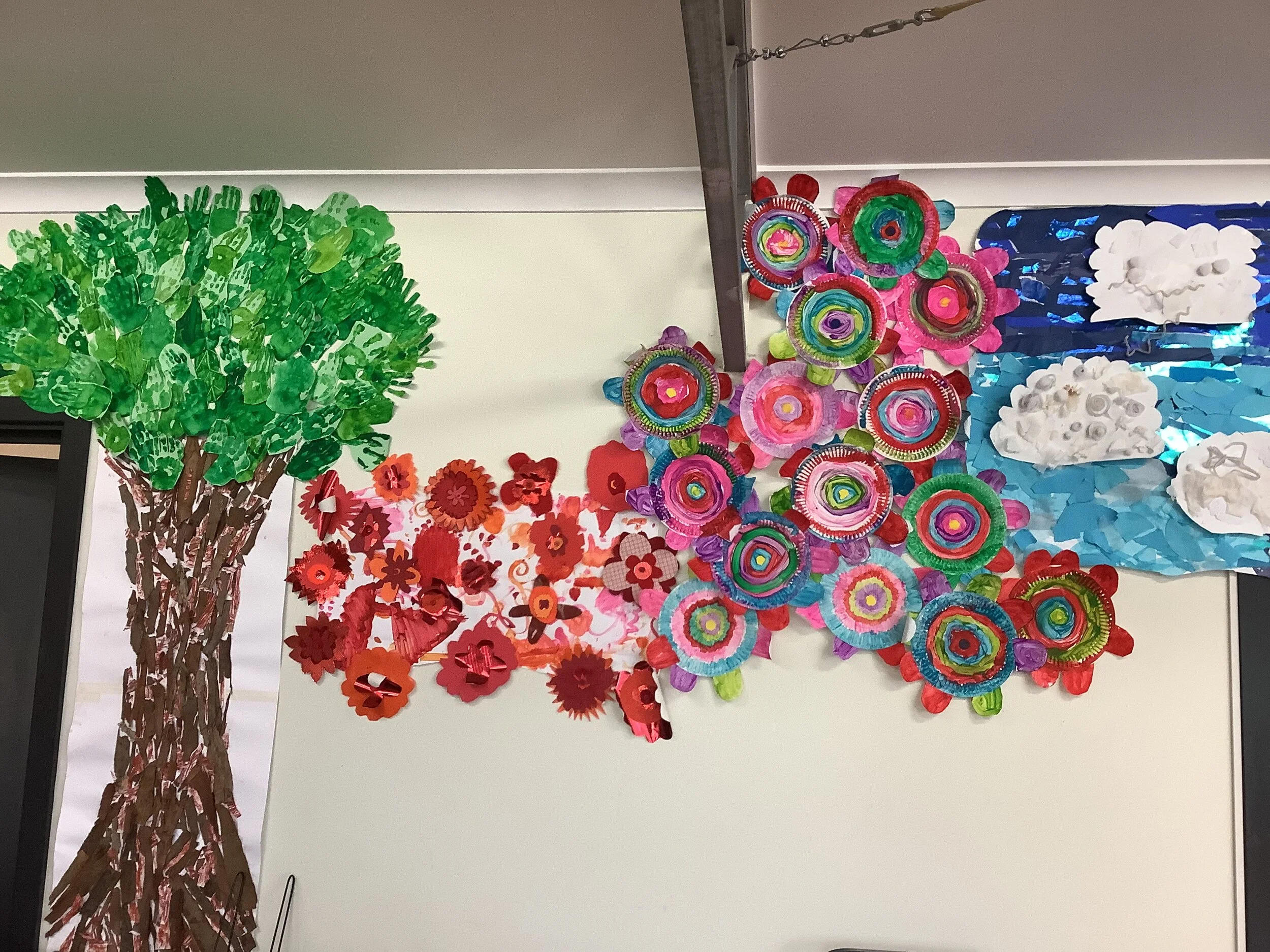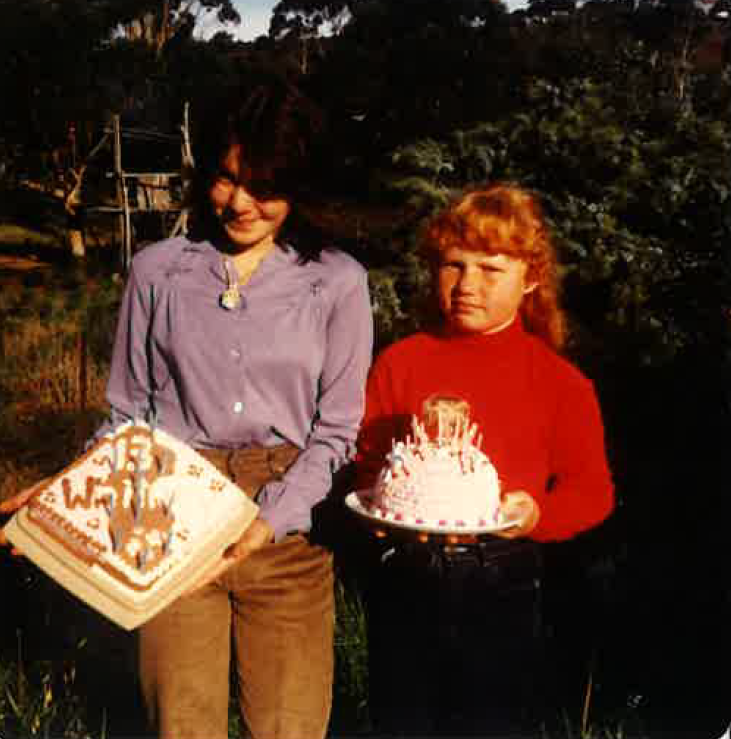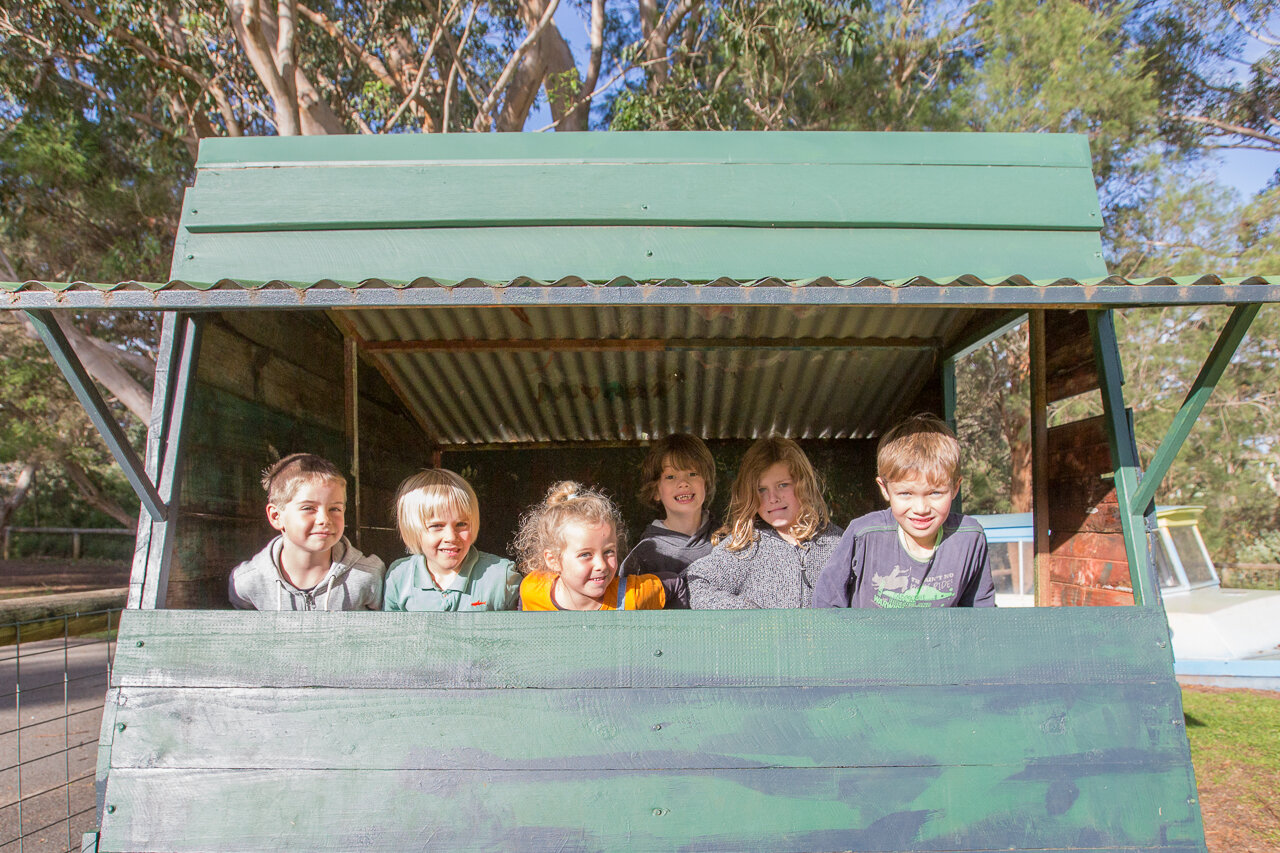Think Outside
Learn more about how we learn, play and grow together
STEAM is a bit of a buzzword in education at the moment—and we’re here for it. In fact, we’ve always embraced multidisciplinary learning models at Woodbury Boston for the countless benefits it brings to our students. Here’s how we’re using STEAM projects to turn our students into real-life designers and project managers on an upcoming campus building project!
Our latest design project is a bit different. As part of a STEAM project, our students are designing a brand new outdoor classroom for our school—and it’s designed by students, for students.
It will come as no surprise to you that, for educators, the search for better teaching strategies never ends. After all, the things your child learns (and how they learn them) become part of them as they grow. And it’s our job to give each student the best possible chances to master key skills. Here are the eight competencies we use to help get it done.
The Koomals (our grade 3-4 class) got creative with puppets recently — and it taught them a lot about Design Thinking. Thanks to a clear creative process, a great backdrop, and a healthy serve of creativity, our campus came alive with brown paper puppets.
If you’ve read our blog about education models, you get it: our children learn Western Australian Curriculum in a fresh, research-supported way. And thanks to our beautiful campus, we find connections between nature and just about every learning area. Here’s how we integrate weekly bush walks into our Science, Maths, Humanities, and Health programs.
As you’ll know if you’ve read this article, I’ve had a long career in education. 35 years, in fact! What you may not know is that I’m also a father of seven grown up children. All that parenting has taught me a lot about the things you might be wondering as you choose a school for your family.
Think back to when you were a child. If you grew up in Australia, you likely look fondly on a childhood spent running around with friends. Chasing games, hide and seek, and improvised adventure games have always been popular with kids of all ages. And on top of being lots of fun, play has stacks of benefits — in fact, it’s essential to healthy growth and development.
Professional parachutists have a motto: pack your own chute. The idea is that by learning to pack their own chute, the parachutist takes their safety into their own hands. Val is no parachuter, but as a self-sufficient farmer, she understands how empowering a DIY lifestyle can be.
At Woodbury Boston, we work to empower our students in all aspects of life. School isn’t just about learning facts and figures — we want our students to feel capable, skilled, and secure. And when it comes to our Year 5-6 class, Peer Support is one of the ways we do it.
There are lots of special things about Woodbury Boston Primary School. Overlooking the Southern Ocean and with West Cape Howe National Park on our doorstep, our location is absolutely unique. But that’s not what we’re proudest of.
At Woodbury Boston, we teach the Western Australian Curriculum, of course — but there are lots of ways we adapt our teaching to create the best possible learning environment for your child, we draw on five educational models to make up our teaching style.
At Woodbury Boston, we’re all celebrating changes and transitions. And for our students, one of the most exciting transitions occurs when they move into a new class. In December each year, we hold In-school Orientation Day — a school-wide celebration of what’s to come.
Our Principal, Nick Lynch, is an educator through and through. Over the course of 35 years, he has taught in schools across Australia and overseas. And he’s been the Principal of several large schools in the eastern states. He’s a cooperative, inclusive leader — but there’s more to Nick than meets the eye.
Did you know that Woodbury Boston Primary School turned 40 in 2020? In fact, plans to celebrate were well underway when Covid-19 threw a wrench in the plans. Now that life in WA is largely back to normal, we are so pleased to share the details of our 40th anniversary celebration!
Building connections to the community is a big part of what we do at Woodbury Boston.
We put our heads together and wondered: what could we do to better support parents and families? And soon, the Playgroup at Woodbury Boston was born.
This term in The Arts, Cassy worked with our Year 1-6 students on all the ways we can interpret a song. Using Louis Armstrong’s beautiful tune What a Wonderful World as inspiration, Cassy and the students got to work.
Collective memory is a term that refers to lots of different things in different organisations. The school’s ethos, artefacts, and stories are part of the collective memory of Woodbury Boston, and so are the people who were there at the very beginning, Whitney being one of those people.
The Western Australian Curriculum underpins everything we do at Woodbury Boston. While it may look like it’s all fun and games (we do have heaps of fun at school!) each of the experiences we create for our students is linked to the Curriculum, including our bi-weekly Out & About trips. Recently, we consolidated Science and History lessons with a trip to the Museum of the Great Southern. Keep reading if you’re wondering what insects, convicts, and a replica ship have in common.
Whether you went on to a career on the stage or not, most of us have fond memories of participating in a school production. At Woodbury Boston, our whole-school concert is a long-standing tradition. It’s heaps of fun for everyone, of course, but its cross-curricular benefits mean that it's a great learning experience, too.
At Woodbury Boston, opinions matter. That's why our students have the opportunity to participate in Parliament every fortnight.
Parliament is a student-run meeting where everyone has the opportunity to show their appreciation for others, celebrate successes and discuss any concerns that they may have. Our system mirrors democracy (not a top-down approach), where our students have every chance to voice their opinion and be involved in issues that matter to them.
There’s no denying it — the experience of being in school has changed a lot since we adults went through it. These days, school is about growing and supporting the whole child; in many cases, in a much more inclusive and understanding way.
